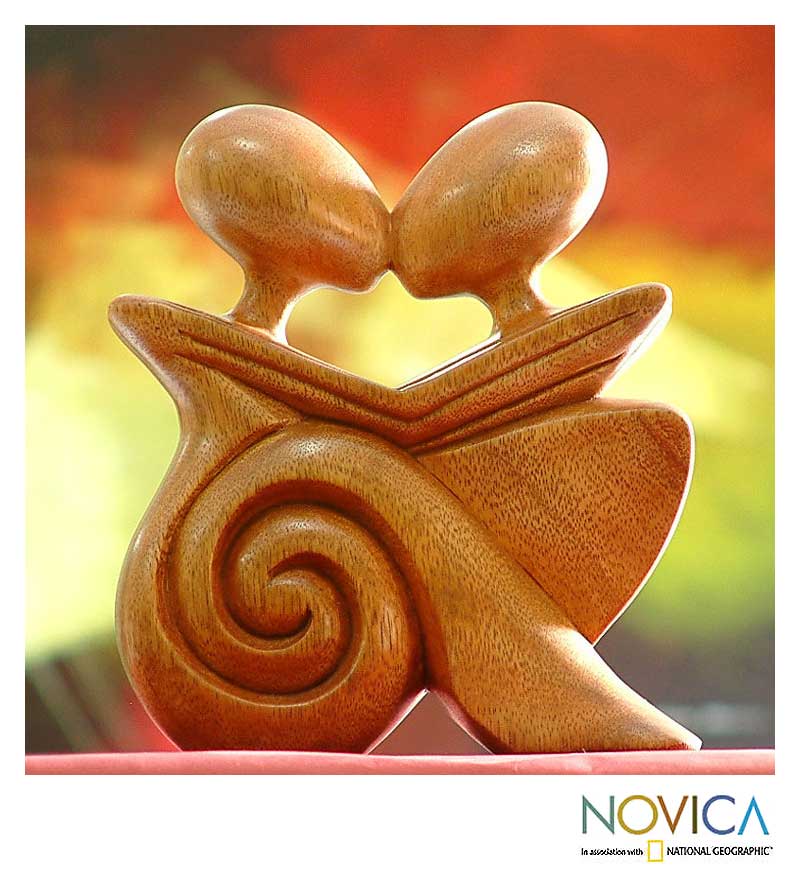With these 7 names we only have 1,941 names left to learn this year
GIRLS
 |
| Sevilla, Spain |
Brunhilde - German, meaning 'armed warrior'.
Cevilla - near the ancient capital of the Tartesses, ancient inhabitants of Andalucia, Spain, the city of Seville grew. Though the Tartesses welcomed trade with the Greeks it was not constant enough to prevent Phoenicians from conquering the place. The earliest known name of the city was Hispalis. The Romans took it from the Phoenicians. Over time its name changed to Ispalis and with the invasion of the Moors it became Isibiliya. The Spanish called it Isbilia or Ixbilia, also, and then Sibilia. Eventually the name converted to Sevilla. Cevilla is just an alternate spelling of Sevilla. In Spanish this is pronounced 'seh bee yah'.
 |
| the Lower Miera Valley, where my short, brilliant Spanish explorer Bernardo de Miera y Pacheco |
 |
these bushes grow together to
make one hedge |
Demiera - There are a few possible origins of the use of Demiera as a girl's first name. One would be the Spanish surname de Miera 'day mee AIR uh" another is that it comes from Dimera and refers to a body made up of two joined parts (di meaning two, mera similarly means 'halves', so somethig cut in half) and the third, and my favorite, comes from Geez and according to that Christian tradition (Ethiopian Orthodox) demera is celebrated on September 26th as a feast day and means 'made one' or 'gather together'. It seems evident to me the connection between the meaning of Demera and Dimera. But De Miera is more often found as a surname and it derives from a place. If I knew the origin of Miera, I'd have a start, at least. There is a part of Cantabria, Spain where this name prospers (or did, at least, in the 1700s). I enjoy the name as it is one of the last names of an explorer and artist who traveled with Father Escalante in the Southwest and drew maps and actually visited places I grew up in, before white people lived there. He saw the land unspoilt. Before the people who had lived there for generations were pushed into the corners. There is a beautiful painting on the side of a building in the small town near where I grew up of he and Father Escalante visiting the spot. It's pretty dang neat. So, I will opt for using the name in honor of him rather than the other two possibilities I've come across. It also reminds me of the name Damaris and of the only person I've met with this name (who spoke Spanish, so her name was said 'dah mah REES'. I think in Engish this name is more likely to be said 'DAM uh riss' or 'duh MARE iss'. Though, when I taught in North Carolina I met a Tamara who said her name 'tuh MAHR uh' so maybe some folks would say it as 'duh MAHR is'. I prefer the first two options, myself.
 |
this is a pretty depiction of the
notion that two things can make
one whole. |
 |
Although this woman's name is not Eleftheria
(she is Katerina Botsari), her father is
representative of the fight for independece in
Greece in the 1820s. Her brother became war
minister to King Otto I of Greece and
Katerina became the King's daughter-in-law
when she married Prince George |
Eleftheria - "Eleftheria i thanatos" is the motto of Greece and means 'Freedom or Death". It was used in the 1820s when Greeks fought a War of Indepence from the Turkish Ottoman Empire.

|
The Spanish Visigothic
king Pelayo |
BOYS
Fedorel -
Gumersindo - Visigothic, from the Germanic roots 'guma' meaning 'man' and 'swind' meaning 'strong'.
Hjalmer - Norse, meaning 'warrior helmet'. It is pronounced 'HALL mer'. Harmar is a variant of this name.








No comments:
Post a Comment